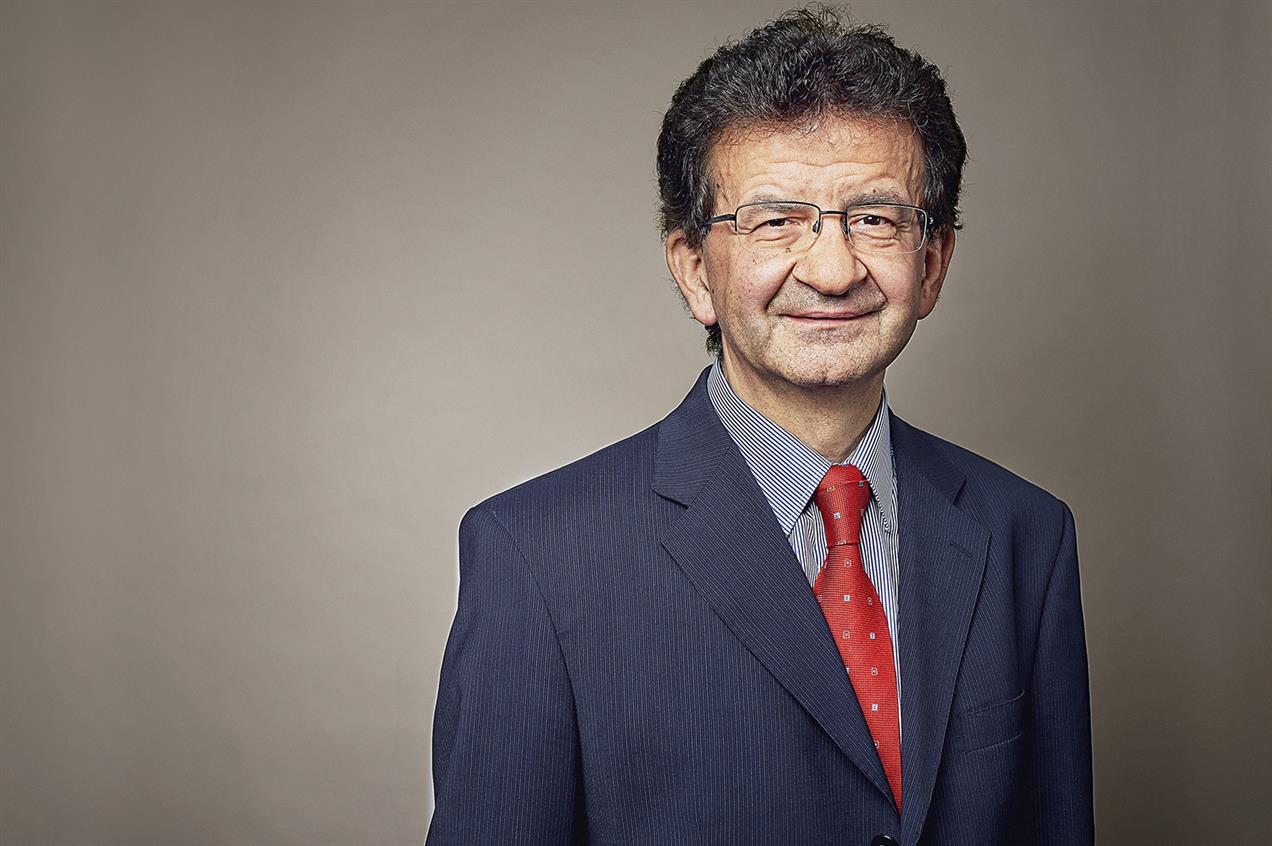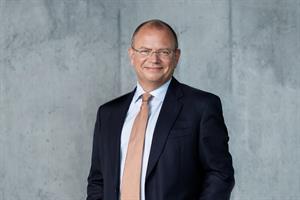Speaking to “uåX˜äŠÊ˜·³Ç ahead of the Africa Energy Forum in Mauritius (19-22 June), Antonopoulos also said there were a number of barriers that affect renewable deployment in Africa despite its tremendous resources.
Lekela has a portfolio of wind and solar projects, across the continent, from South Africa to Egypt, via Ghana and Senegal.
He believes investors and developers play a key role in helping local communities in Africa.
"As a long-term investment, it is not sufficient just to invest. [Investors] must also develop local skills, and projects must absolutely benefit the local communities," Antonopoulos said.
"We try to optimise and maximise local content, and make sure that the local labour get educated in the process. At the end of construction of our projects we try and give the local workers certificates so they can move on.
"We also keep some of our revenues aside to invest in the very local communities, for things like schools or sanitation.
"Investors should not only be there to invest to provide power, they should be more involved. We want to leave a legacy behind.
"Also, when we are leasing the project site, ultimately, you only need 3-5% of the project site to operate the turbines, so the remaining 95-97% can be returned to the local farmers.
"We build roads and drainage, so farmers are better off with the wind farm than without it.
"It is important to communicate what the benefits are [to the local community]," Antonopoulos added.
The whole African continent has a little over 4GW, roughly half of which is in South Africa, where Lekela is building or operating approximately 600MW.
Earlier this year, the power purchase agreement impasse, which had stalled South African deployment, was overcome following a change of administration.
This allowed Lekela’s shareholders Mainstream Renewable Power and Actis to invest $524 million in two projects totalling 250MW.
Beyond this, the firm has a 160MW wind site in Senegal, expected to reach financial close this summer.
It is also developing a 150MW project in Ghana, and a 250MW site in Egypt, both of which could reach financial close by the end of 2019 or early 2020.
Antonopoulos believes there are good reasons to invest in Africa – "second to none resources" and "typically higher" tariffs – but said the lack of a regulatory framework in many countries is holding some nations back from feeling the benefits of renewable energy.
Lekela’s chief said the countries without regulatory frameworks, to encourage independent power producers in to the country to develop projects, should "proudly" copy the success of countries that do have wind capacity.
"There needs to be a clear regulatory framework in some countries. Why don’t governments copy, with pride, other country’s successful regulations, instead of building from scratch, which can take years or even a decade," he said.
"Governments need dedicated entities to bring in IPPs rather than rely on state utilities [to build generation].
"In South Africa, its IPP office has implemented four rounds of independent renewable power procurement.
"Morocco and Egypt have similar entities for renewable power. Governments are successful where they have created dedicated entities that target investment."
Antonopoulos said Lekela is looking to invest in more countries but said, as well as a strong regulatory process, he looks for a stable investment environment and for growth within a country, as this means demand will grow too.
"When you see a clear process that is being followed through, that deadlines are met, that opens to the door to investors," Antonopoulos said, noting Kenya, Morocco and Tunisia were attractive markets.




HR.jpeg)

.png)








